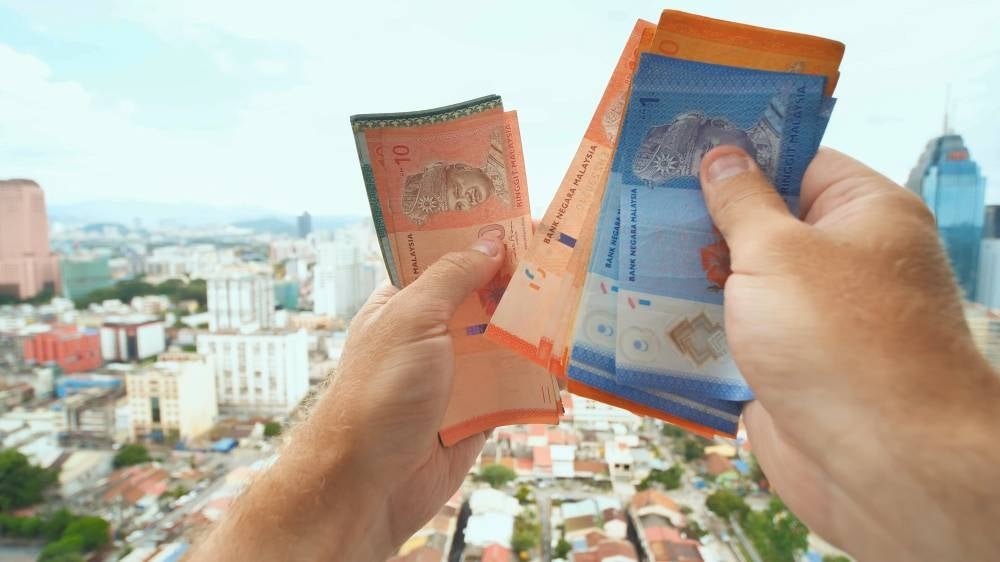Cash aid alone is not enough - Economists
Experts suggest the government and people to create a long-term plan

SHAH ALAM – The cash aid given by the government to help the people during a time when the cost of living is high and the country sees an increasing price of goods has garners mixed views from economists.
This is because as the people faced difficulties, the government had also withdrawn several subsidies.
Universiti Tun Abdul Razak Economist Professor Emeritus Dr Barjoyai Bardai said although the government announced an increase of RM50 and RM100 to Keluarga Malaysia Assistance (BKM) recipients, the amount was still not enough to cover the current cost of living.
Therefore, he said, the government needs to implement a long-term social protection system such as creating an endowment fund through the waqf system.
“As many as 50 per cent of the workers in Malaysia have an income of less than RM2,000, while the cost of living is RM2,500 minimum for a household, it is not enough to survive.
“So, we need a social protection system to take into account 50 per cent of the group of workers, the self-employed, single and unemployed.
“The government should start this initiative. Although we are under a free economic system, it should be set up and then bring the private sector to help," he told Sinar Harian.
Dr Barjoyai said the government could ask government-linked companies (GLCs) and private companies to contribute by providing tax incentives in the form of rebates or tax deductions.
International Center for Islamic Financial Education economic analyst Associate Professor Dr Baharom Abdul Hamid, however, said that the government's allocation could, to some extent, ease the burden of the people.
"Maybe this number seems small, but for those who really need it, it is very helpful.
"But the government must play a role in ensuring that the price of goods does not continue to rise, otherwise this contribution will be less meaningful," he said.
He also suggested that the government provide space for the people to increase their income such as implementing urban agriculture initiatives, as well as undergoing skills training that can provide returns and business opportunities.
“Clearly, urban agriculture can be done using vegetable growing technology and fish farming using small urban kits, which can be placed on the balcony or in front of the house.
"This is expected to be able to alleviate the financial cost of kitchen expenses, do not require skills and do not interfere with daily work," he said.
Meanwhile, Universiti Sains Islam Malaysia Faculty of Economics and Muamalat Senior Lecturer Dr Mohd Faisol Ibrahim said the community itself needs to be wise in managing the financial assistance given to add value to the money.
“For example, the money received can be used as start-up capital for small businesses such as selling drinks or in front of a factory with many employees.
"In other words, the community that receives assistance needs to manage money wisely so it is sufficient," he said.














